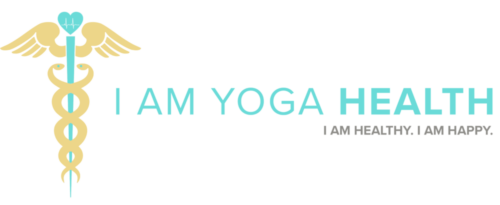CUCUMBERS
Cucumbers are known to be one of the best foods for your body’s overall health, often referred to as a Superfood.
Here are just some of the many benefits of cucumbers, but please remember to buy organic as cucumbers are so often sprayed with pesticides.
- Quick pick-me-up due to the rich source of B vitamins. Cucumbers, in fact, contain almost all your daily vitamin requirements, but keep the skin on for the most Vitamin C.
- Hydrating. Cucumbers are 95% water, keeping the body hydrated while helping the body eliminate toxins.
- Cucumbers contain lariciresinol, pinoresinol, and secoisolaricesinol-three lignans believed to be associated with reduced risk of several cancer types, including breast cancer, ovarian cancer, uterine cancer and prostate cancer.
- Good for Skin & Hair. If you don’t like the skin, it can be used for skin irritations and sunburns as aloe would be used. Place a slice over puffy eyes and its anti-inflammatory properties help reduce puffiness. It has been suggested that the silicon and sulfur in cucumbers help to stimulate hair growth.
- Relieves bad breath
- To avoid a morning hangover, eat a few cucumber slices before going to bed. Cucumbers contain enough sugar, B vitamins and electrolytes to replenish many essential nutrients, reducing the intensity of both hangover and headache.
- Due to its low calorie and high water content, cucumbers are a good food for people looking to lose weight.
- Cucumber is an excellent source of silica, which is known to help promote joint health. When mixed with carrot juice, they can relieve gout by lowering the uric acid levels.
Chard is a beautiful, green leafy vegetable, rich in Vitamin K, A, C, potassium, iron and fiber. Recent research has shown that chard leaves contain at least 13 different polyphenol antioxidants, including kaempferol, the cardioprotective flavonoid that’s also found in broccoli, kale, strawberries, and other foods. But alongside of kaempferol, one of the primary flavonoids found in the leaves of chard is a flavonoid called syringic acid. Syringic acid has received special attention in recent research due to its blood sugar regulating properties. Syringic acid blocks the breakdown of starch into sugars, helping regulate blood sugar levels. Delivering nearly 4 grams of fiber per cooped cup, chard slows the rate at which carbohydrates enter your blood stream, preventing blood sugar dips and spikes. This plant is also a top source of magnesium (one cooked cup gives more than a third of your daily needs), a mineral that helps your body use the glucose-regulating hormone insulin more effectively. Given that most of us get only half the fiber and less than two-thirds of the magnesium that we need, chard is a good source of these blood sugar balancing nutrients.
Enjoy it braised, sautéed, juiced, or in a smoothie. Both leaves and stalks are edible. Cook the leaves like spinach and the stalks like asparagus.
Dandelion greens are one of the healthiest greens you can buy or cultivate yourself. They are loaded with calcium, iron, and antioxidants. They’re high in vitamin A, a nutrient that keeps the linings of our airways healthy, the first line of defense against bacteria and pathogens that cause the common cold and other respiratory illness. Just one cup of raw dandelions boasts 110% of your daily vitamin A dose of 5000 IU – that’s more than twice the amount you’d get from the same serving of spinach and 10 times more than from broccoli. Plus, dandelion greens are high in vitamin C, which won’t prevent you from catching a cold but can help cut the symptoms short. Add two to three cups of dandelion to a smoothie with calcium-rich fruits like orange, kiwi, fig or papaya and you’ll have a green smoothie that has more calcium than any dairy product!
Namaste
🙏🏼 Namaste, Your Yoga Doctor


